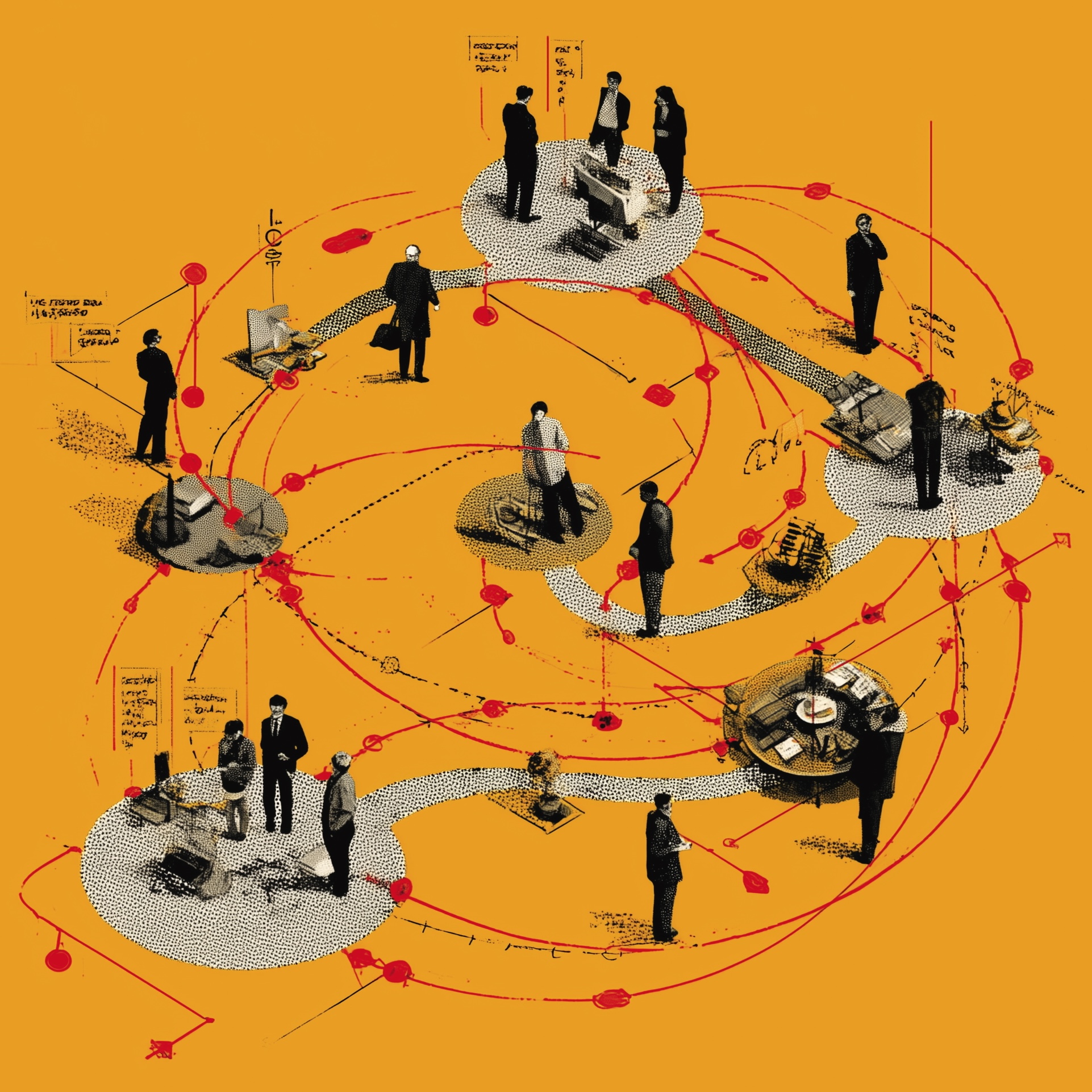Switching employers? MiP are here to help
One MiP member explains how professional support from MiP’s Pete Lowe helped him to navigate a tricky situation as he prepared to move to a new employer.

After moving to work in the NHS, Raj wasn’t sure at first whether to join MiP. “I’d been a member of UNISON for 14 years, but I’d never needed any direct support, he says. “I’d been in the ‘system’ for so long that I thought I was articulate enough and could manage any issues that arose. But then I remembered what my mum and family told me: ‘When you need help, they will be there’.”
A year or so after joining MiP, Raj found himself being transferred to another organisation under the TUPE regulations, which govern employees’ rights when they are transferred from one employer to another. He got in touch with Pete Lowe, the MiP national officer who looks after members in his area and arranged a meeting on Microsoft Teams.
“I’d never met Pete, didn’t know who he was and vice versa,” he says. “Pete was pleasant and human. He listened to me, about what was happening and where we were in the process. I kept Pete informed from the beginning as I knew he would step in and advise when it was time.”
By the time he was invited by his HR department for a one-to-one meeting as part of the TUPE process, Raj had concerns about how his job would change, particularly with respect to the on-call arrangements. Raj and Pete discussed their approach at a pre-meeting, and agreed that Pete “would step in if needed to keep me on track if things started to move off our agenda,” Raj explains.
The meeting was “difficult”, Raj recalls, with his employer taking “a largely negative approach” and criticising his performance in the role. “I tried to explain the situation, but I didn’t feel they were listening to the evidence,” he says.
That’s when Pete stepped in. “His timing was perfect, I didn’t have to say anything or pause,” Raj adds. “He was polite, articulate, assertive and professional.” When Pete clearly spelt out the possible impact of breaching the TUPE regulations, Raj says he saw his employers’ “body language change”, and they managed to steer the meeting towards a positive outcome.
“I know that the union is supposed to ‘have your back’ but this was the first time I had ever needed direct support and I certainly got that from Pete,” Raj says. “I was quite upset after the meeting, but he gave me confidence that I would be protected. Although I’m quite articulate, I feel quite strongly that the meeting would have ended with very negative outcomes for me if it weren’t for Pete’s intervention.”
Pete explains that members often only realise the value of belonging to MiP when they run into a problem at work. “I and my other national officer colleagues are in the very privileged position of doing a job that we love, supporting healthcare managers whom we respect,” he says. “When members need support they can rest assured that we will approach the situation in a professional and respectful manner, recognising their seniority and all the complex issues that they face.”
Raj says his experience has led him to value Pete’s approach and experience, and appreciate how important it is to be a union member. “Every single penny of my subscription is well spent,” he adds. “You may not need direct support for many years but, when you do, you get platinum guidance and support. I know I will remain an MiP member until the year dot, and will most certainly be strongly encouraging other colleagues to join.”
- if you need support with moving to a new employer, contact your MiP national officer for advice.
Related News
-

We get knocked down. We get up again.
With its brutal NHS cuts and chaotic reform plans, the government is moving fast and breaking things (again). It will be up to managers to fix them (again), writes Geoff Underwood.
-

Method to the madness? Six questions the ten year plan must answer
The NHS system in England has been blown up and thousands of managers are set to lose their jobs without knowing why, writes Craig Ryan. The upcoming ten year plan has a lot of questions to answer. Here are six of the biggest.
-

Turn and face the strange
SPECIAL REPORT: With its upcoming ten year plan, the government is promising to unleash the power of innovation in an English NHS which has often seemed slow to adapt to new realities and adopt new technologies. Craig Ryan talks to innovators and experts about what needs to change about the way we change.